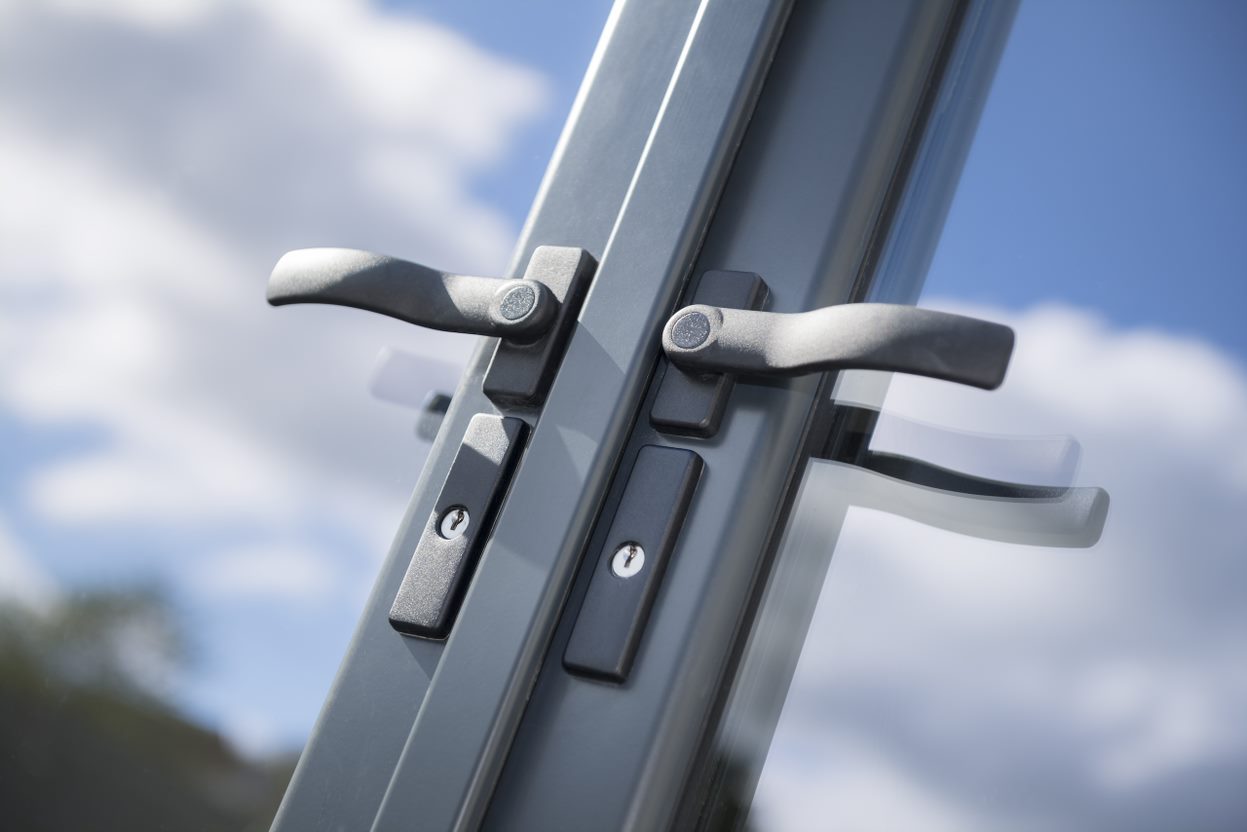15 Repair A Door Handle Benefits That Everyone Should Know
Repairing a Door Handle: A Comprehensive Guide
Door handles are among the most often utilized elements of any office or home. Nevertheless, their continuous usage can cause wear and tear, leading to a malfunctioning or broken handle. Whether it's a loose handle that won't turn or an entirely removed one, repairing a door handle can often be a simple task that requires just standard tools and a little knowledge. This short article will assist you through the steps involved in fixing a door handle, in addition to some practical FAQs.
Understanding Common Door Handle Issues
Before diving into the repair procedure, it's vital to identify common issues connected with door handles:
- Loose Handle: A handle that wobbles or turns without engaging the lock might have loose screws.
- Stuck Handle: If a door handle is hard to turn, there may be blockages within the mechanism or misalignment with the latch.
- Separated Handle: Complete detachment may arise from broken screws or a harmed handle.
- Rusty or Corroded Handle: Handles made from metal can end up being rusty with time, causing functionality issues.
Recognizing these problems will help you determine the very best course of action for repair.
Tools and Materials Needed
To effectively repair a door handle, you'll need the following tools and materials:
Tools:
- Screwdriver (flathead and Phillips)
- Allen wrench (if suitable)
- Pliers
- Utility knife
- Cleaning cloth
- Lube (e.g., WD-40)
- Replacement parts (if necessary)
Materials:
- Screws (if any are missing or damaged)
- New handles (if repairs are not feasible)
Step-by-Step Repair Process
Action 1: Gather the Tools
Start by assembling all the essential tools and products. Having everything on hand will make the repair process smoother and more efficient.
Action 2: Remove the Door Handle
Examine the Handle: Look for visible screws on the handle or the base. Many handles have screws hidden behind ornamental plates, which may require to be pried off gently.
Loosen the Handle: Using the appropriate screwdriver, get rid of the screws holding the handle in place.
Separate the Handle: Once the screws are gotten rid of, thoroughly pull the handle away from the door. If the handle is stuck due to paint or corrosion, gently wiggle it back and forth or use an utility knife to cut the paint around its base.
Step 3: Diagnose the Problem
Upon getting rid of the handle, check its components:
- Check the screws: Ensure they are not stripped or harmed.
- Take a look at the mechanism: Look for any noticeable indications of wear or blockage.
- Evaluate the positioning: Ensure that the latch mechanism is aligned with the handle.
Step 4: Repair or Replace Components
Depending upon your medical diagnosis, proceed as follows:
For Loose Handles:
- Tighten the screws using the screwdriver. If screws are damaged, replace them with brand-new ones.
For Stuck Handles:
- Apply lubricant to the mechanism and move the handle backward and forward to loosen up any stuck parts. Make certain the alignment is right with the latch.
For Detached Handles:
- If the handle has actually broken totally, change it with a brand-new one. Guarantee you choose a replacement that matches the existing hole pattern on your door.
For Rusty Handles:
- Use a cleansing cloth to wipe away rust and rust. If the handle is too corroded for repair, think about replacing it entirely.
Step 5: Reinstall the Door Handle
Line up the Handle: Position the handle back onto the door, ensuring that it aligns with the lock mechanism.
Screw It Back In: Insert and tighten screws to protect the handle in place. residential door handle repair as this might remove the screws or harm the door.
Action 6: Test the Handle
Once the handle is re-installed, evaluate its functionality. Guarantee it turns smoothly and engages the lock correctly. If you discover any issues, repeat the pertinent repair steps.
Preventative Maintenance Tips
To lengthen the life-span of your door handles, think about these maintenance tips:
- Regularly check screws for tightness and retighten them as required.
- Apply lube to the mechanism every few months to avoid wear.
- Keep handles clean and devoid of dust and particles.
- Check for rust or corrosion, especially on exterior doors.
Frequently Asked Questions About Door Handle Repair
Q1: Can I repair a door handle without changing it?
Yes, numerous common issues, such as loose screws or misalignment, can often be repaired without replacement.
Q2: What type of lube should I utilize?
A general-purpose lube like WD-40 or silicone spray is reliable for lubing door handle mechanisms.
Q3: How do I understand if I require a new handle?
If the handle is broken, greatly rusted, or if internal components are beyond repair, it might be more cost-efficient to change it.
Q4: Are there different types of door handles?
Yes, there are numerous types, consisting of lever handles, knob handles, and clever locks. Each requires a slightly different approach to repair.
Q5: Is it possible to fix a handle on a moving door?
Yes, sliding doors often have special mechanisms. However, the fundamental principles of identifying and fixing issues use. Consult producer guidelines for particular repair instructions.
Repairing a door handle might seem intimidating for some, however with the right tools, materials, and understanding, it is a workable DIY task. By following the actions detailed in this guide, individuals can efficiently examine, repair, and maintain door handles, ensuring they stay practical and reliable for many years to come. Regular maintenance is important, as it lengthens the life of door handles, minimizes the requirement for substantial repairs, and promotes a smoother operation throughout your home or office.
